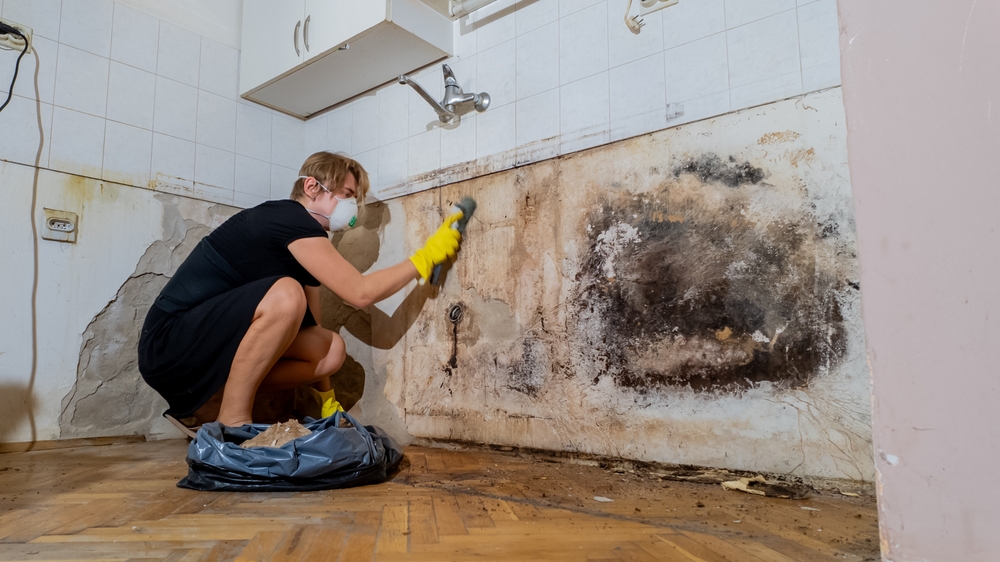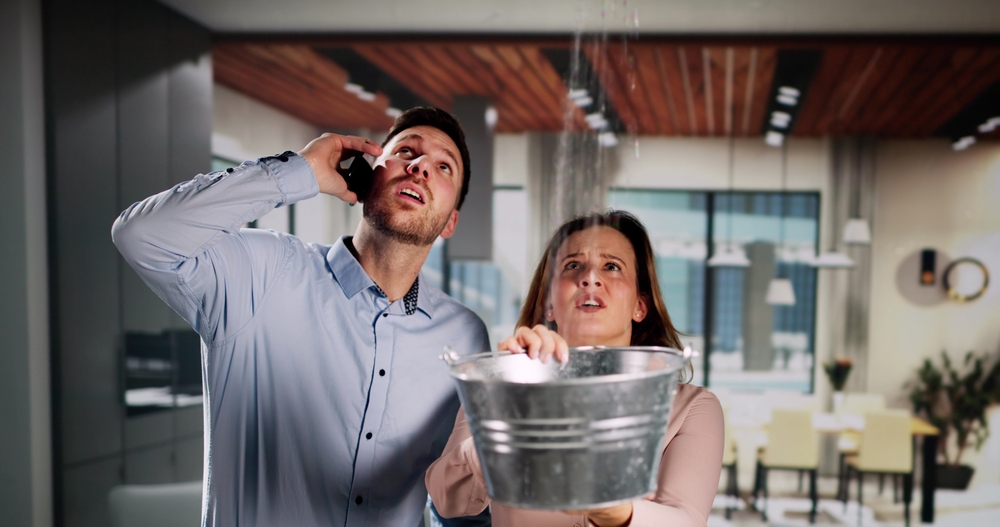Having an older house may be a fulfilling journey full of beauty and legacy. Still, it also offers special difficulties, especially in terms of preservation and upkeep. Water damage is among the most major problems elderly house owners deal with. Older infrastructure, antiquated plumbing, and wear and tear can all lead to water-related issues that increase the structural damage, mold, and leak susceptibility of these houses.
Not only does preventing water damage safeguard the value of your property, but it also guarantees a safe and comfortable place of living. A plethora of problems including health risks from mold development, expensive repairs, and a drop in home value can result from water damage. Consequently, it is imperative to know the particular water damage issues that older properties experience and to apply preventative actions.
We will explore the typical water damage problems connected with older properties in this thorough guide and offer doable advice to help you avoid these difficulties. Regular care and timely repairs help you to protect your investment and let you enjoy the beauty of your older house for many years to come.
Common Water Damage Issues in Older Homes
Plumbing Problems
Plumbing-related difficulties are among the most frequent concerns older homes run upon. Older pipes are more prone to certain problems that could cause major water damage. Here are some main plumbing issues you should know about:
- Leaky Pipes and Fixtures: Leaks result from pipes corroding or wearing out with time. If neglected, even a minor leak can cause significant damage. Water can seep into flooring, ceilings, and walls, therefore fostering an atmosphere ready for mold development.
- Clogged Drains: Aging plumbing systems may find it difficult to meet the needs of contemporary appliances, which may cause clogs. Water backed up from clogged drains may overflow and cause leaks. Should you see gurgling toilets or slow-draining sinks, these could indicate a plumbing clog.
- Faulty Plumbing Systems: Many older homes have antiquated plumbing systems that might not follow modern codes or guidelines. These systems may be ineffective and more prone to breakdown, which would cause leaks and water damage. One can find possible system flaws by means of a plumbing professional’s inspection.
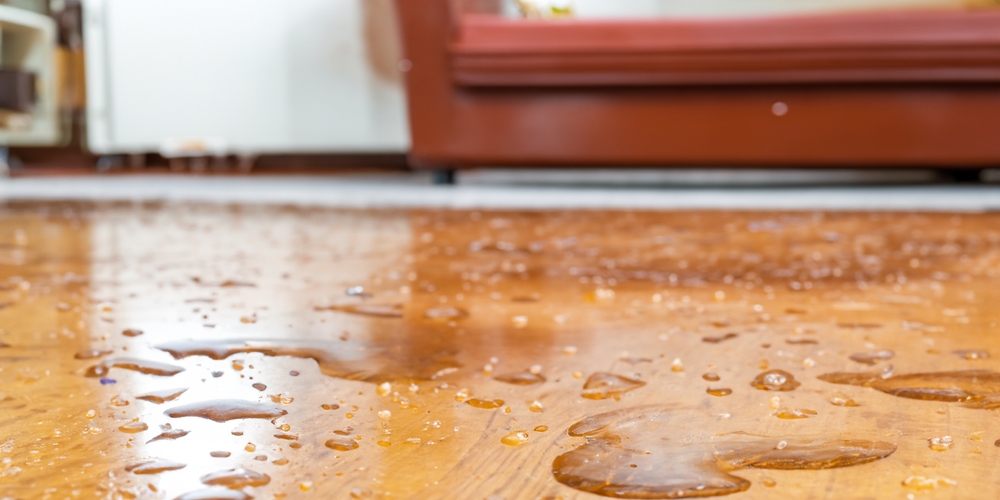
Roofing Issues
The first line of protection against the elements in your house is your roof, hence older roofs can be rather dangerous:
- Aging Shingles: Aging shingles might develop as cracked, curled, or even completely missing. Leaks in your house could result from water seeping through the roof thanks to this degradation.
- Poor Ventilation: Inadequate ventilation in your attic could cause moisture to develop, therefore compromising your roof and fostering an atmosphere fit for mold development. Maintaining a healthy roof depends on correct ventilation.
- Clogged Gutters: Leaves, twigs, and trash clogged gutters can overflow and pool water near your foundation. Preventing water damage requires regular gutter cleaning as well as clear downspouts.
Foundation Issues
The basis of your house is among the most important parts, hence water damage can seriously affect its stability:
- Cracks and Settling: Older homes may suffer from settling, which can cause foundation cracking. Through these cracks, water can seep in and maybe cause more damage and weakening of the building.
- Water Infiltration: In heavy rain, water might gather close to your house if the surrounding grading is not sloped correctly. Leaks and damage to your crawl space or basement can follow from this.
Appliance Malfunctions
Additionally causing water damage in older homes are modern appliances:
- Leaky Appliances: Appliances including refrigerators, dishwashers, and washing machines can over time cause leaks. Frequent moisture or pooling water inspections of these items help to identify problems early on.
- Clogged Drain Lines: Appliance drain lines can become blocked over time. Water backing up in your sink or around your appliances could point to a blockage requiring attention.
Best Practices for Preventing Water Damage
After we have recognized typical water damage concerns, let’s go over the best ways to avoid water damage difficulties in older homes. Following these rules will help you to greatly lower the possibility of water damage and protect the integrity of your house.
Regular Inspections
Finding and fixing possible water damage before it gets worse depends on regular inspections:
- Visual Inspections: At least twice a year, look about your house. Look for evidence of water damage including mold development, wall or ceiling discoloration, or basement damp spots. Remember to look at the outside of your house including the foundation, gutters, and roof.
- Professional Inspections: Apart from your visual inspections, think about appointing a professional inspector specialized in older properties. These professionals can spot hidden problems that might not show up on a quick look-through. A careful look can provide one peace of mind and point up areas requiring work.
Plumbing Maintenance
Preventing water damage depends on you keeping up your plumbing system:
- Fixing Leaks Promptly: Whether from pipes, fixtures, or appliances, address leaks you see right away. If small leaks are untreated, they can rapidly worsen and cause major water loss. Don’t wait for leaks to grow to be major concerns.
- Replacing Outdated Pipes: If your house has ancient, corroded pipes, you might want to think about substituting newer materials like copper or vinyl. Changing your plumbing will help to enhance general efficiency and drastically lower the danger of leaks.
- Cleaning Drains Regularly: Often cleaning your drains will help to avoid obstructions. Either a professional drain cleaner or a combination of vinegar and baking soda will work. Install strainers in sinks and tubs as well to gather trash before it passes down the drain.
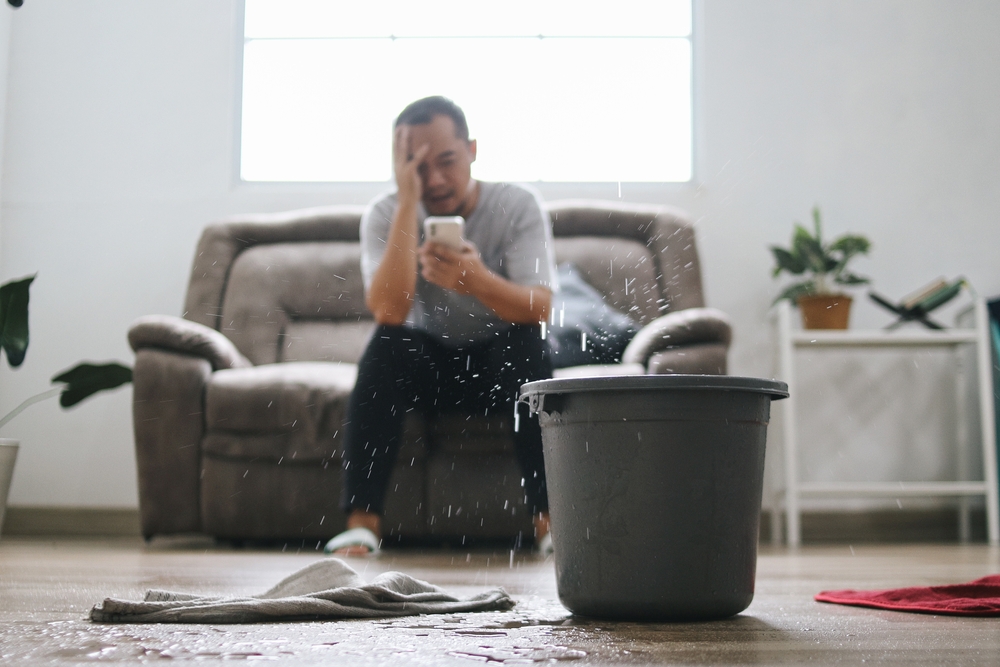
Roof Maintenance
Stopping water damage depends on you maintaining your roof:
- Regular Roof Inspections: At least once a year, check your roof for damage—such as cracked or missing shingles. See a roofing expert for repairs should you find any problems. Early roof repairs will help you avoid more significant damage down-stream.
- Cleaning Gutters and Downspouts: Get in the habit of routinely cleaning your gutters and downspouts. Overflow from blocked gutters could damage your foundation and create leaks. Make sure your gutters are clear and operating to direct water away from your house.
- Replacing Damaged Shingles: Should you discover broken shingles during your inspection, repair them right away. Your roof’s lifetime will be extended and leaks avoided by this.
Foundation Maintenance
Maintaining your foundation helps stop water intrusion:
- Addressing Cracks and Settling: Should you discover cracks in your foundation, take quick care of them. While more severe problems may call for expert repair, small cracks can sometimes be repaired with epoxy or hydraulic cement. Ignoring basis cracks could cause more serious issues.
- Waterproofing the Foundation: Think about coating your foundation walls with a waterproof sealant. In very rainy places, this can assist stop water intrusion. Furthermore make sure the slope of your house guides water away from the foundation.
- Installing a Drainage System: If water collection or flooding runs over your house, think about putting a drainage system around the foundation. This can include French drains or sump pumps used to help move water away from your house.
Appliance Maintenance
Regular appliance maintenance helps stop leaks and water damage:
- Regular Cleaning and Maintenance: Frequent maintenance and cleaning can help your appliances to remain in good condition. Use the manufacturer’s advice on maintenance to guarantee they run effectively. For indicators of wear and tear, routinely examine hoses and connectors.
- Promptly Addressing Leaks and Malfunctions: Quickly fixing leaks and faults in your appliances can help to ensure they run as they should. This protects you from water damage and expensive repairs. Ignorance of warning signals should not be allowed; typically they point to a more major problem.
Emergency Preparedness
One big distinction is being ready for possible water damage crises:
- Creating a Water Damage Emergency Plan: Create a thorough strategy for what to do should water damage strike. Along with instructions on what to do should water damage arise, this should include a list of emergency contacts—that of your plumber and insurance company.
- Knowing How to Shut Off Water to Your Home: Knowing how fast to cut off the water will help to limit damage in an emergency. Make sure every person of the house understands how to accomplish this too.
- Having a Reliable Plumber on Call: Having a reliable plumber on call will help you in an emergency by means of assistance. When water damage threatens your house, having someone you can call fast can save time and help to lower tension.
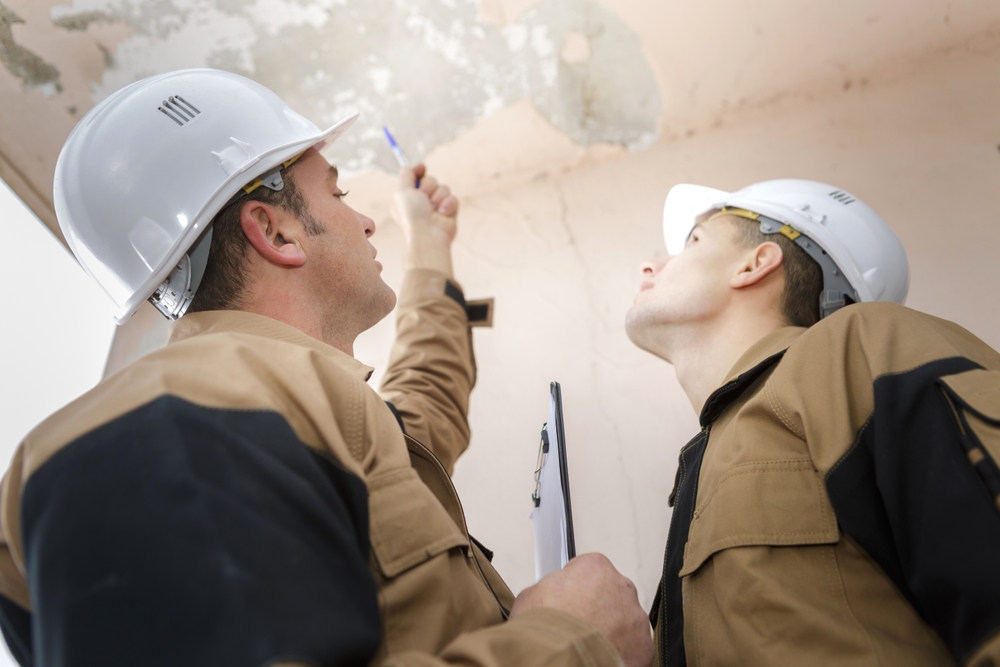
Additional Considerations for Homeowners
Apart from the methods covered, take into account the following advice for additional protection of your older house against water damage:
- Invest in Quality Insurance: Invest in quality insurance to be sure you have enough covering for water damage. Examine your policy to know what is covered; if needed, think about extra coverage.
- Educate Yourself and Your Family: Teach every member of your family about the need of water damage prevention as well as what to check for. This covers knowing when to ask for expert assistance and how to identify leaks.
- Stay Informed About Local Weather: Pay close attention to forecasts, particularly for storms or heavy rain. Understanding when severe storms are likely will enable you to be proactive, cleaning gutters or getting ready for possible flooding.
- Consider Home Modifications: Think about home improvements based on your location and age of your house to help to prevent water damage. In flood-prone locations, this could entail installing sump pumps, rain barrels, or even raising appliances.
Conclusion
Older homes’ water damage prevention calls both constant care and a proactive attitude. Understanding the typical problems with aging infrastructure and using best practices for prevention will help you greatly lower the chance of water damage to your house.
A complete water damage prevention plan depends critically on regular inspections, plumbing maintenance, roof care, foundation maintenance, and appliance management. Moreover, teaching your family and yourself and being ready for crises will enable you to act before water damage materializes.
All things considered, give your older house first priority by acting to stop water damage. Early small problem addressing helps you avoid later expensive repairs. Recall that a little preventative upkeep goes a lot toward making sure your house stays a safe and pleasant place to live. Plan a water damage emergency or schedule a home inspection today to start today and savor the piece of mind that results from knowing your house is safe.
Philadelphia Restoration Services
https://www.google.com/maps?cid=3399342399556699153
+1 267 668 0013
https://philadelphiarestorationservices.com/

